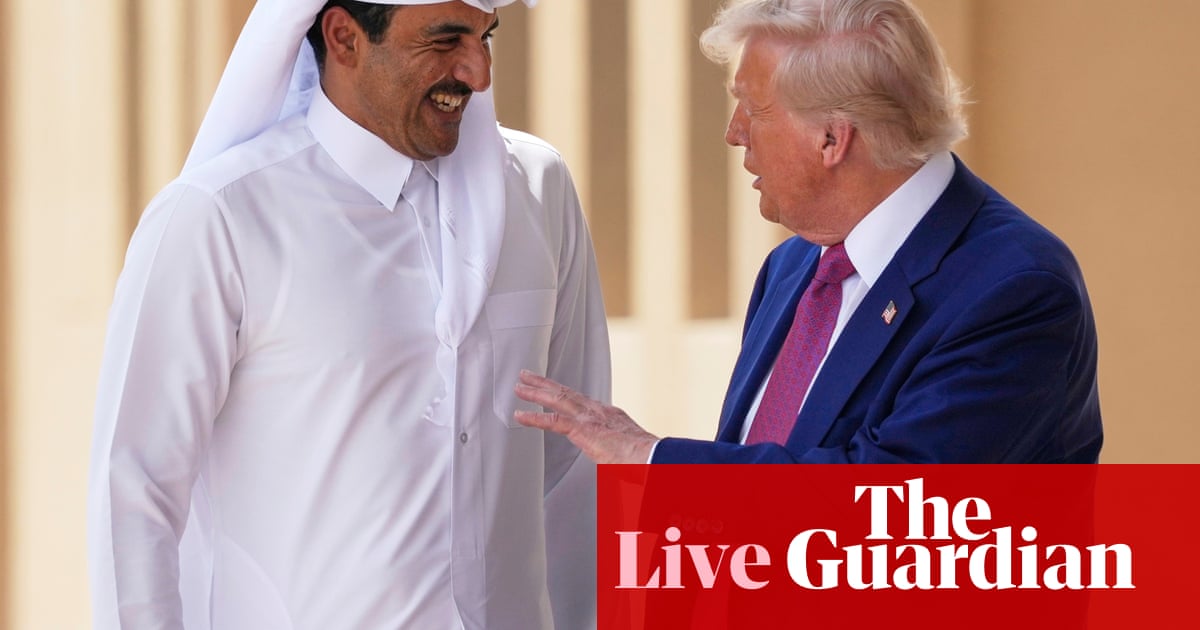Demand Justice Launches Campaign Against Trump’s Rule of Law Attacks
In an increasingly polarized political climate, the advocacy group Demand Justice has initiated a significant advertising campaign aimed at shedding light on former President Donald Trump’s ongoing challenges to the rule of law. This six-figure effort, dubbed “Justice Under Siege,” encompasses a comprehensive strategy that includes both online and print advertisements in national publications. The campaign seeks not only to raise awareness but also to engage the public with polling, rigorous research, and educational initiatives.
Maggie Jo Buchanan, the executive director of Demand Justice, emphasized the dire implications of Trump’s actions since taking office. “Since his inauguration, President Trump has repeatedly defied lawful court orders on issues ranging from illegally firing thousands of public servants to deporting lawful U.S. residents without due process,” she stated. This campaign follows the group’s previous efforts to confront major law firms that have capitulated to Trump’s policies, underlining a concerted effort to document these actions systematically.
Escalating Attacks on the Judiciary
The campaign’s focus is broad, addressing what Demand Justice characterizes as a continuous series of attacks on the judiciary. Buchanan elaborated on the severity of the situation, including congressional Republicans’ complicity. She noted that the current political landscape allows for a troubling trend where Trump’s defiance is met with minimal resistance from his party. “We’ll systematically document and expose this pattern of attacks,” she asserted, referring to incidents where judicial independence has been undermined, such as threats to defund courts.
Concerns about the increasing hostility toward the judiciary have been echoed by members of the Supreme Court. Chief Justice John Roberts defended judicial independence, stating that impeachment should not be the response to disagreements with judicial decisions. This century-old precedent underscores the critical role of an independent judiciary in maintaining democratic governance.
Rising Threats Against Federal Judges
In recent months, there has been a marked increase in threats and harassment targeted towards federal judges. These escalations provide an ominous backdrop for discussions surrounding judicial independence. Judge Ketanji Brown Jackson, a recent addition to the Supreme Court and a vocal advocate for the rule of law, remarked on the intentionality of these attacks. She expressed concern that they are designed to intimidate judges, further complicating the already fraught relationship between branches of government.
Qatar’s Controversial Aircraft Offer to Trump
In a separate yet equally controversial development, Qatar has made headlines with an offer to provide Donald Trump with a $400 million Boeing 747 aircraft. Prime Minister Sheikh Mohammed bin Abdulrahman Al Thani insisted that this gesture is a “normal thing that happens between allies,” dismissing concerns about ethical implications surrounding the offer.
Democratic leaders have voiced strong opposition to this proposal. Senate Democratic leader Chuck Schumer has introduced legislation aimed at preventing any foreign aircraft from operating as Air Force One, citing ethical and security concerns. Central to this debate is whether accepting such a gift could compromise national security, a stance Schumer has underscored by stating, “There’s absolutely no amount of modifications that can guarantee it will be secure.”
Implications of Trump’s Continued Influence
Trump’s unyielding influence in contemporary American politics was further exemplified by his dismissal of concerns surrounding the aircraft offer, describing it as “stupid” to decline. His plans for the Boeing 747-8 include donating it to his presidential library—a potential repository for materials related to his administration. White House press secretary Karoline Leavitt reassured the public that any acceptance of the aircraft would adhere to “all legal and ethical obligations.”
International Relations and Recent Developments
On the international front, Trump and Vladimir Putin held a rare telephone conversation, which Trump described as “excellent.” However, significant differences remain, particularly surrounding the ongoing war in Ukraine, with the Kremlin declining to agree to a ceasefire despite pressure from Western nations.
Furthermore, Trump has faced criticism for targeting celebrities who endorsed Kamala Harris, raising questions about his treatment of political endorsements and the boundary between public and personal vendettas.
Within domestic matters, the Supreme Court has ruled to end legal protections for approximately 350,000 Venezuelans, a decision that will likely have far-reaching consequences for families and communities affected by deportations.
Political Turbulence at Home
The political landscape remains tumultuous, highlighted by allegations against Democratic Representative LaMonica McIver, who faces charges related to an incident involving federal agents at an immigration detention center. These charges add another layer to the complex interplay between immigration politics and judicial accountability in the current administration.
Amidst this backdrop, former FBI Director James Comey has attempted to clarify his recent social media activity, while a Columbia University student and Palestinian activist, Mohsen Mahdawi, marked a significant personal victory by graduating after enduring challenges with immigration authorities.
Each of these interconnected narratives underscores the current strain on the rule of law and democratic principles in the United States, presenting a multifaceted view of today’s political climate.


